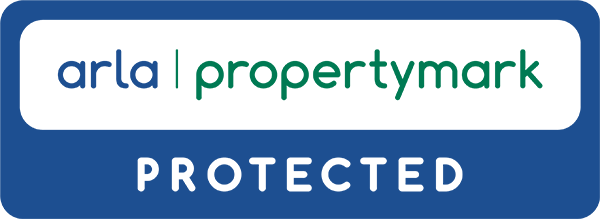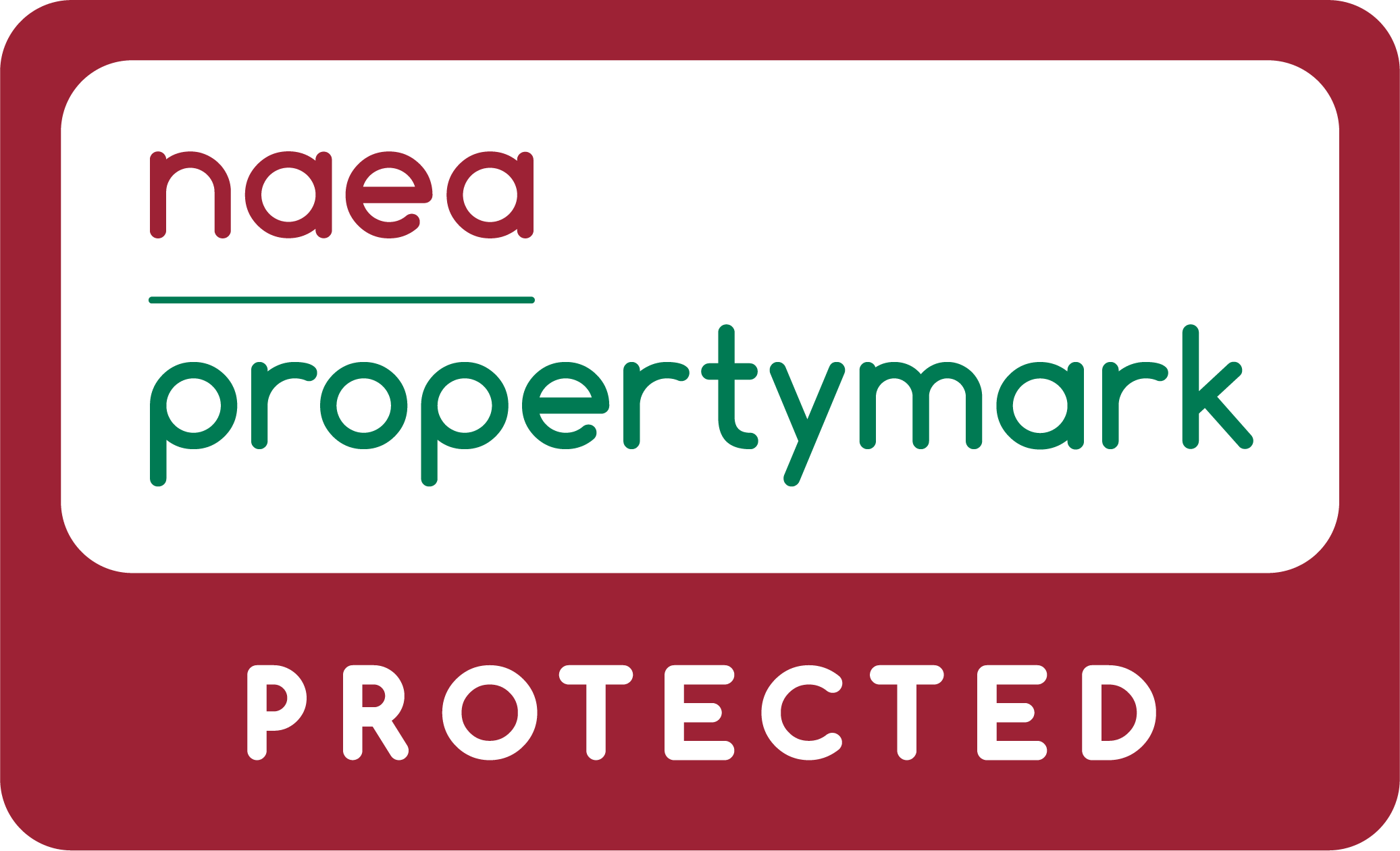Renters' Rights Bill: Revised grounds for notices
The Renters Right Bill will introduce a range of revised grounds for notices.
The new Renters' Rights Bill regulations will revamp the grounds under Section 8 to incorporate new grounds should the Landlord of the property need possession due to needing to move them or close family members into the property, or to sell it.
Notice periods are also changing, and mostly increasing the notice periods given to tenants. The theory behind longer notice periods is that tenants will have longer to search for a suitable property and not be rushed into settling into a sub-standard home, but also so both parties have time to mediate before taking legal action against one another. The idea is to try and reduce the number of possession and dispute claims in the courts, by providing longer notices, and speed up the time each court claim will take by providing clearer, more robust grounds for possession.
Below we have set out the newly proposed grounds, along with a quick summary and the relevant notice period.
Mandatory Grounds
1a. Occupation by landlord or family - 4 months
The landlord or their close family member wishes to move into the property. Cannot be used for the first 12 months of a new tenancy.
1b. Sale of dwelling-house - 4 months
The landlord wishes to sell the property. Cannot be used for the first 12 months of a new tenancy.
1c. Sale of dwelling-house under rent-to-buy - 4 months
The landlord is a private registered provider of social housing and the tenancy is under a rent-to-buy agreement.
2. Sale by mortgagee - 4 months
The property is subject to a mortgage and the lender exercises a power of sale requiring vacant possession.
2ZA. Possession when superior lease ends - 4 months
The landlord’s lease is under a superior tenancy that is ending. Can only be used by private registered providers of social housing, agricultural landlords, a person who held the dwelling for the purposes of making it supported accommodation or a company majority owned by a local authority.
2ZB. Possession when superior lease ends - 4 months
The landlord’s lease is under a superior tenancy that is coming to an end or has ended. Can only be used if the superior lease was for a fixed term of over 21 years.
2ZC. Possession by superior landlord - 4 months
After a superior tenancy ends, the superior landlord becomes the tenant’s direct landlord and seeks to take possession. Can only be used where the intermediate landlord prior to reversion was a private registered provider of social housing, agricultural landlord, a person who held the dwelling for the purposes of making it supported accommodation or a company majority owned by a local authority.
2ZD. Possession by superior landlord - 4 months
After a superior tenancy ends, the superior landlord becomes the tenant’s direct landlord and seeks to take possession. Can only be used where the superior lease was for a fixed period of over 21 years and has expired, or within a 12 month period of the fixed term expiry date, if the fixed term has been ended early. Or if the superior tenancy comes to an end after the expiry of the fixed term as a result of a valid notice.
4. Student accommodation - 2 weeks
In the 12 months prior to the start of the tenancy, the property was let to students. Can only be used by specified educational establishments.
4A. Properties rented to students for occupation by new students - 4 months
A property is let to full-time students and is required for a new group of students in line with the academic year.
5. Ministers of religion - 2 months
The property is held for use by a minister of religion to perform the duties of their office and is required for occupation by a minister of religion
5A. Occupation by agricultural worker - 2 months
The landlord requires possession to house someone who will be employed by them as an agricultural worker.
5B. Occupation by person who meets employment requirements - 2 months
A private registered provider of social housing holds the property for use by tenants meeting requirements connected with their employment and it is required for that purpose (and the current tenant does not fulfil those requirements).
5C. End of employment by the landlord - 2 months
Previously ground 16 (expanded). The dwelling was let as a result of the tenant’s employment by the landlord and the employment has come to an end OR the tenancy was not meant to last the duration of the employment and the dwelling is required by a new employee.
5D. End of employment requirements - 2 months
A private registered provider of social housing, included an employment requirement in the tenancy agreement that the tenant no longer fulfils (e.g., key worker).
5E. Occupation as supported accommodation - 4 weeks
The property is held for use as supported accommodation and the current tenant did not enter the tenancy for the purpose of receiving care, support or supervision.
5F. Dwelling-house occupied as supported accommodation - 4 weeks
The tenancy is for supported accommodation and one of the circumstances set out in the ground, making the accommodation no longer viable or suitable for that tenant, has occurred.
5G. Tenancy granted for homelessness duty - 4 weeks
The property has been used as temporary accommodation for a homeless household, under s193 of the Housing Act 1996, and a local housing authority has notified the landlord that the tenancy is no longer required for that purpose. The landlord can only use this ground if within 12 months of the date of the notice from the local housing authority.
5H. Occupation as ‘stepping stone accommodation - 2 months
A registered provider of social housing or a charity lets to a tenant meeting eligibility criteria (e.g., under a certain age) at “affordable rent”, to help them access the private rented sector and/or transition to living independently, and the tenant no longer meets the eligibility criteria, or a limited period has come to an end.
6. Redevelopment - 4 months
The landlord wishes to demolish or substantially redevelop the property which cannot be done with the tenant in situ. Various time limits and/or notice requirements exist for this ground depending on the circumstances. The landlord and tenancy must be of the kind listed in the table.
6A. Compliance with enforcement action - 4 months
The landlord is subject to enforcement action and needs to regain possession to become compliant.
7. Death of tenant - 2 months
The tenancy was passed on by will or intestacy. Possession proceedings must begin no later than 12 months after death or, if the court directs, after the date on which the landlord became aware of the death.
7A. Severe ASB/Criminal Behaviour - immediately
The tenant has been convicted of a type of offence listed in the ground, has breached a relevant order put in place to prevent anti-social behaviour or there is a closure order in place prohibiting access for a continuous period of more than 48 hours. Landlords can begin proceedings immediately
7B. No right to rent - 2 weeks
At least one of the tenants has no right to rent under immigration law as a result of their immigration status and the Secretary of State has given notice to the landlord of this.
8. Rent arrears - 4 weeks
The tenant has at least 3 months’ (or 13 weeks’ if rent is paid weekly or fortnightly) rent arrears both at the time notice is served and at the time of the possession hearing.
Discretionary Grounds
9. Suitable alternative accommodation - 2 months
Suitable alternative accommodation is available for the tenant
10. Any rent arrears - 4 weeks
The tenant is in any amount of arrears
11. Persistent arrears - 4 weeks
The tenant has persistently delayed paying their rent
12. Breach of tenancy - 2 weeks
The tenant is guilty of breaching one of the terms of their tenancy agreement (other than the paying of rent)
13. Deterioration of property - 2 weeks
The tenant has caused the condition of the property to deteriorate.
14. Anti-social behaviour - immediately
The tenant or anyone living in or visiting the property has been guilty of behaviour causing, or likely to cause, nuisance or annoyance to the landlord, a person employed in connection with housing management functions, or anyone living in, visiting or in the locality of the property. Or the tenant or a person living or visiting the property has been convicted of using the premises for illegal/immoral purposes, or has been convicted of an indictable offence in the locality. Landlords can begin proceedings immediately
14a. Domestic Abuse - 2 weeks
A social landlord wishes to evict the perpetrator of domestic violence if the partner has fled and is unlikely to return.
14za. Rioting - 2 weeks
The tenant or another adult living at the property has been convicted of an indictable offence which took place at a riot in the UK.
15. Deterioration of furniture - 2 weeks
The tenant has caused the condition of the furniture to deteriorate.
17. False statement - 2 weeks
The tenancy was granted due to a false statement made knowingly or recklessly by the tenant or someone acting on their instigation.
18. Supported accommodation - 4 weeks
The tenancy is for supported accommodation and the tenant is refusing to engage with the support.
Other measures in the Renters’ Rights Bill
- The “no fault” Section 21 notice will be abolished.
- All tenancies are to be rolling, periodic ones and tenants will be able to end a tenancy with two months’ notice.
- Three month’s rent arrears before the arrears grounds for possession can be used.
- No blanket bans on children or benefit claimants.
- Tenants will have the right to keep pets, although landlords can request appropriate insurance.
- All landlords will be required to register on a new national database.
- All rental properties are to reach the Decent Homes Standard.
- Strict timescales for health risks to be addressed will be introduced (Awaab’s Law).
- Local Authority enforcement powers to be strengthened and stricter penalties applied.
- Competitive bidding is to be outlawed when marketing properties.
- Rent rises to be restricted to a single annual increase, capped at market rates (or lower) and landlords must give two months’ notice.
- A new ombudsman is to be set up to resolve disputes and reduce reliance on the courts.
Renters' Rights Bill compliance consultation
We are offering a free, no obligation Compliance Consultation to help landlords ensure that they're fully compliant with the new requirements and aren't exposed to any potential penalties. If we do identify any gaps in compliance, we will help landlords to put an action plan into place. To arrange yours, call us on 0161 511 5339 or complete our contact form.





